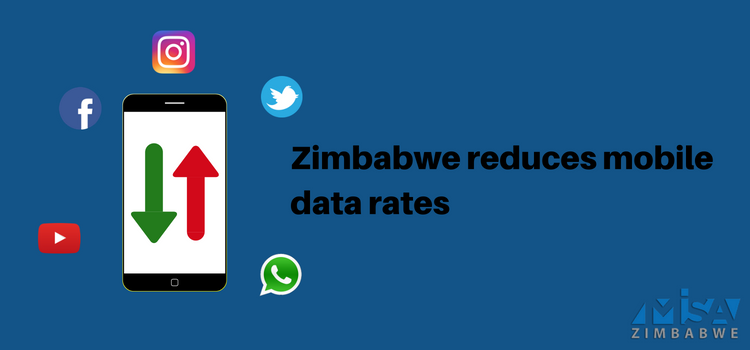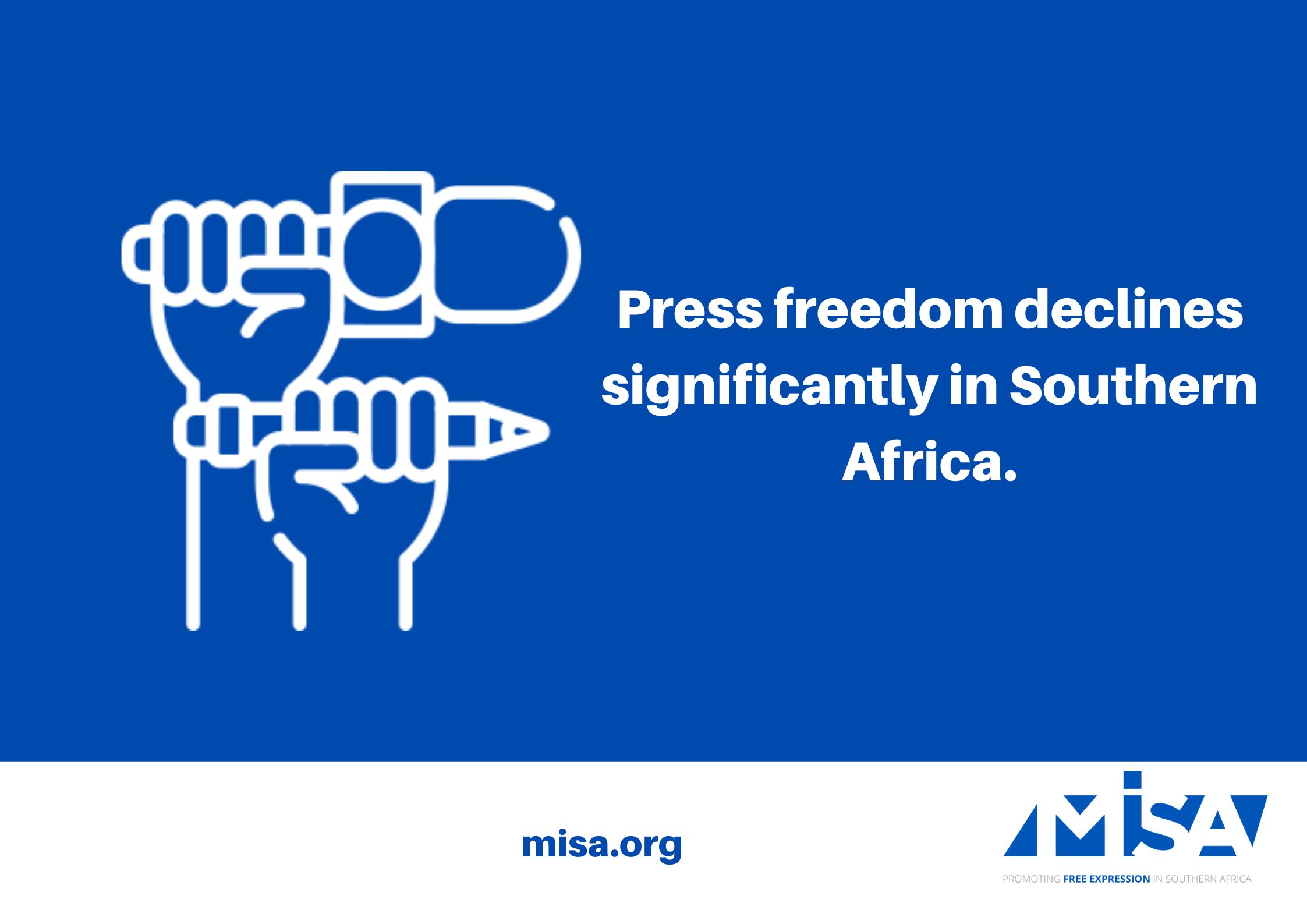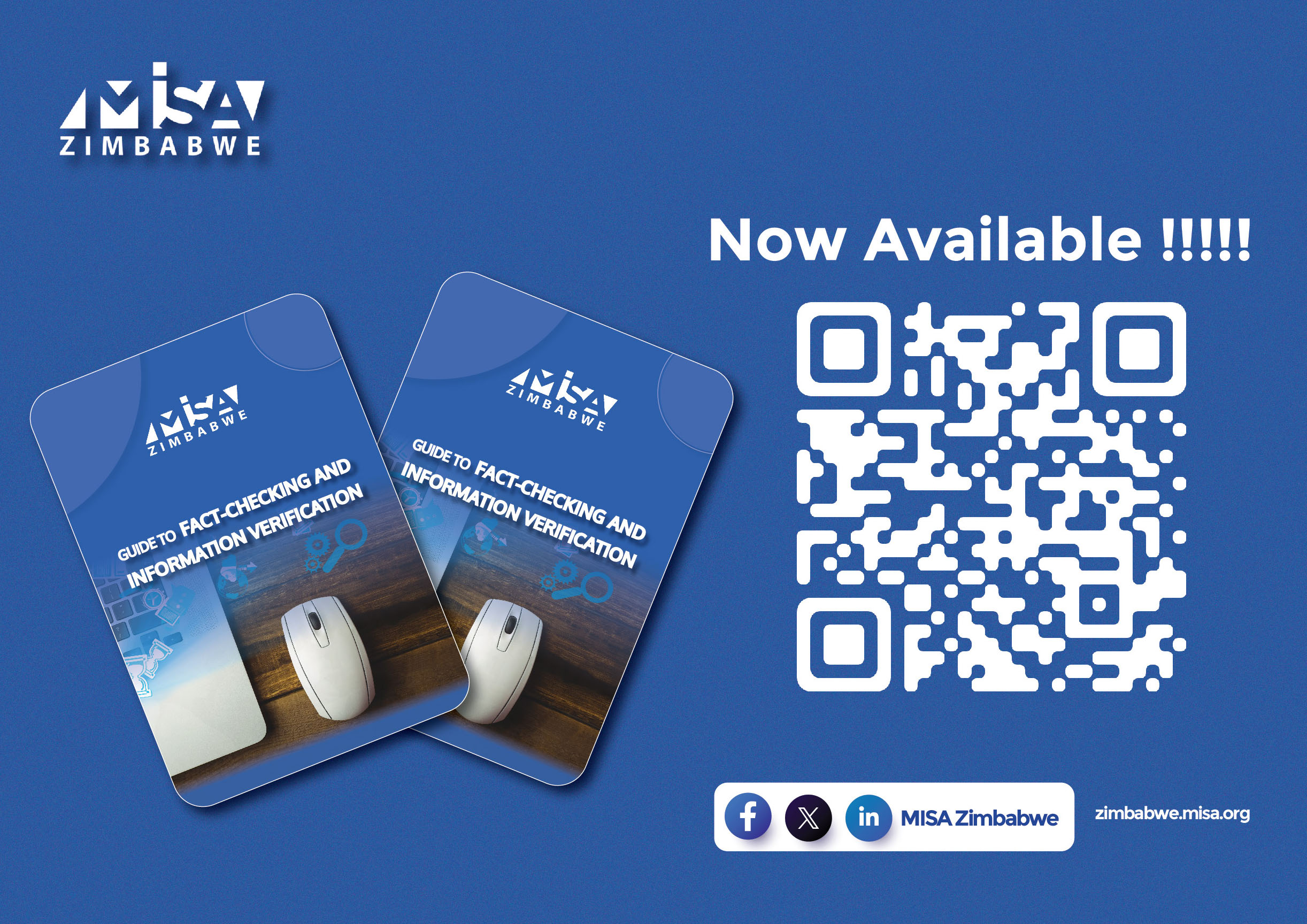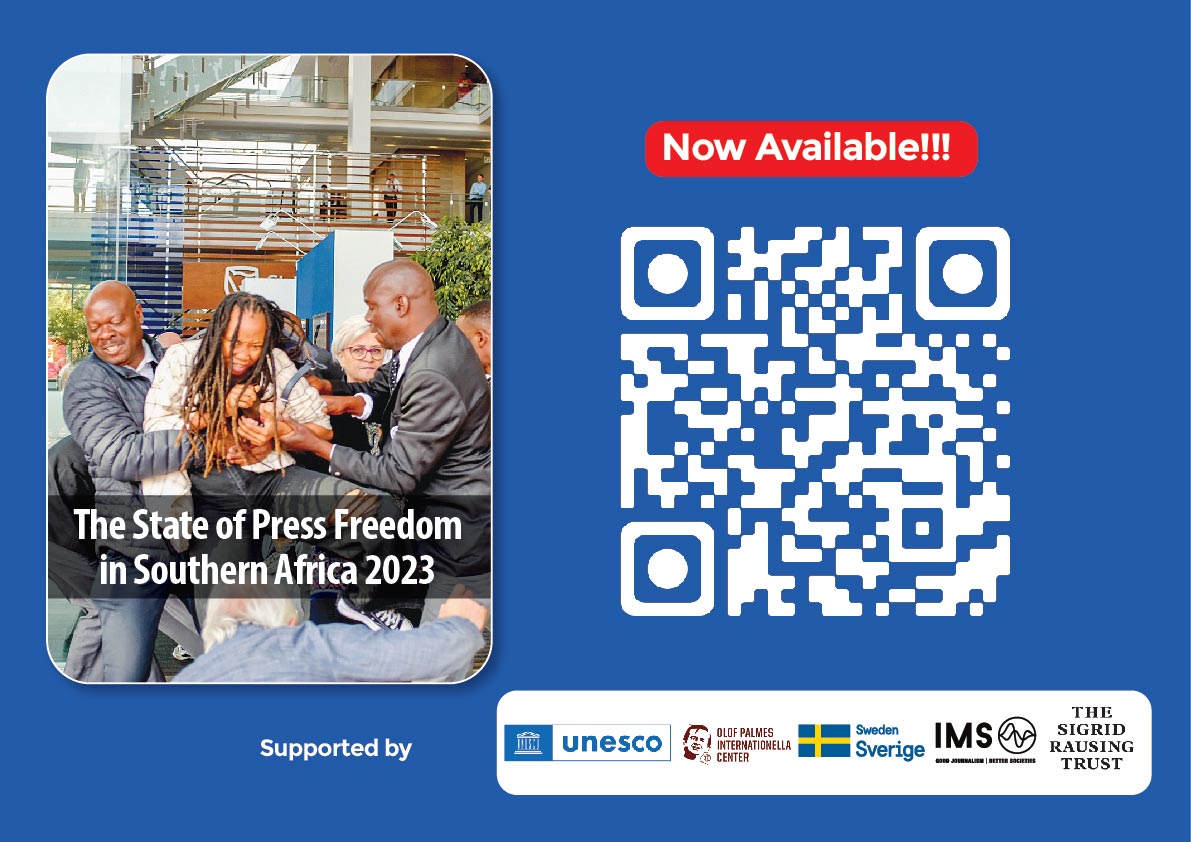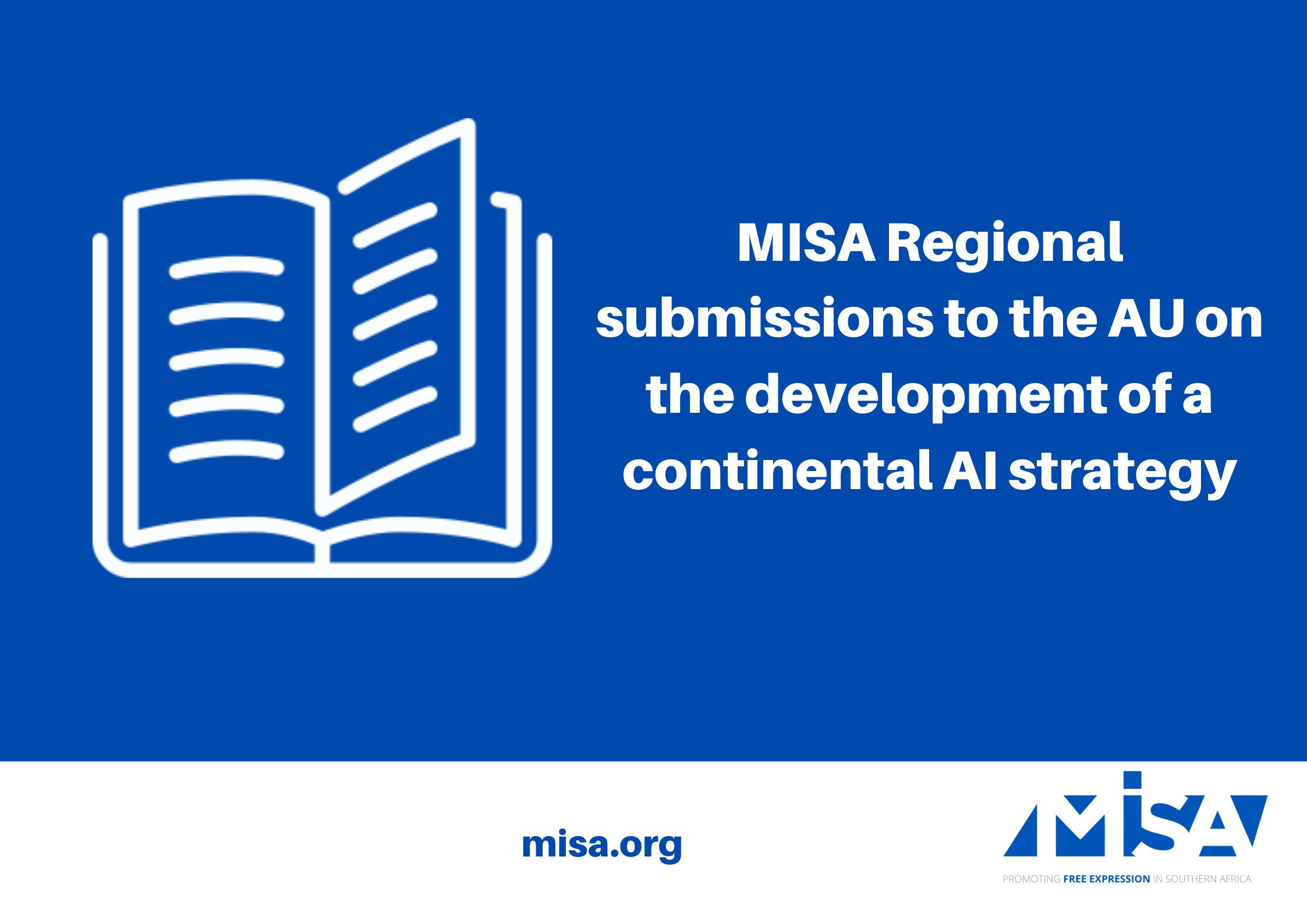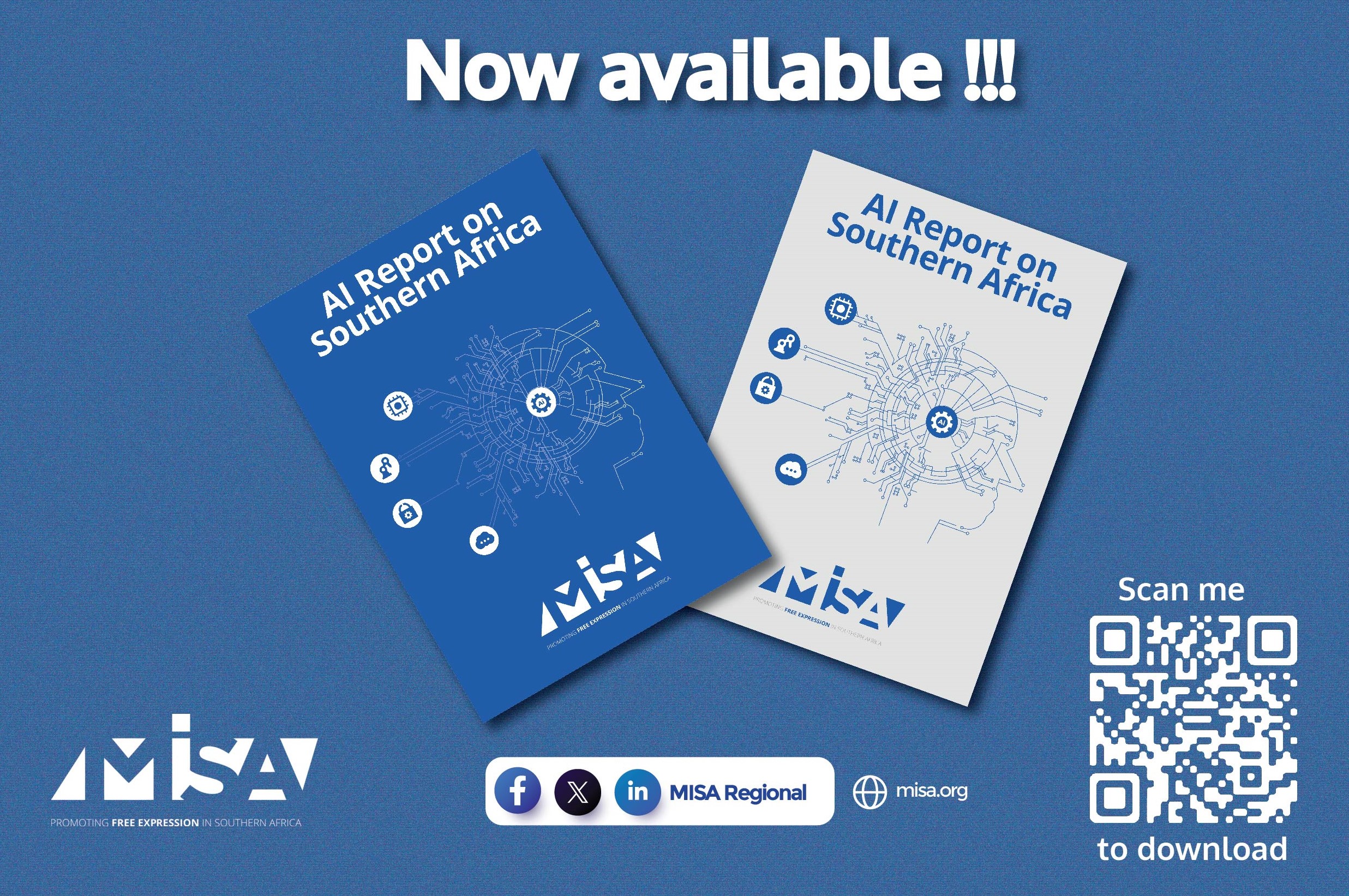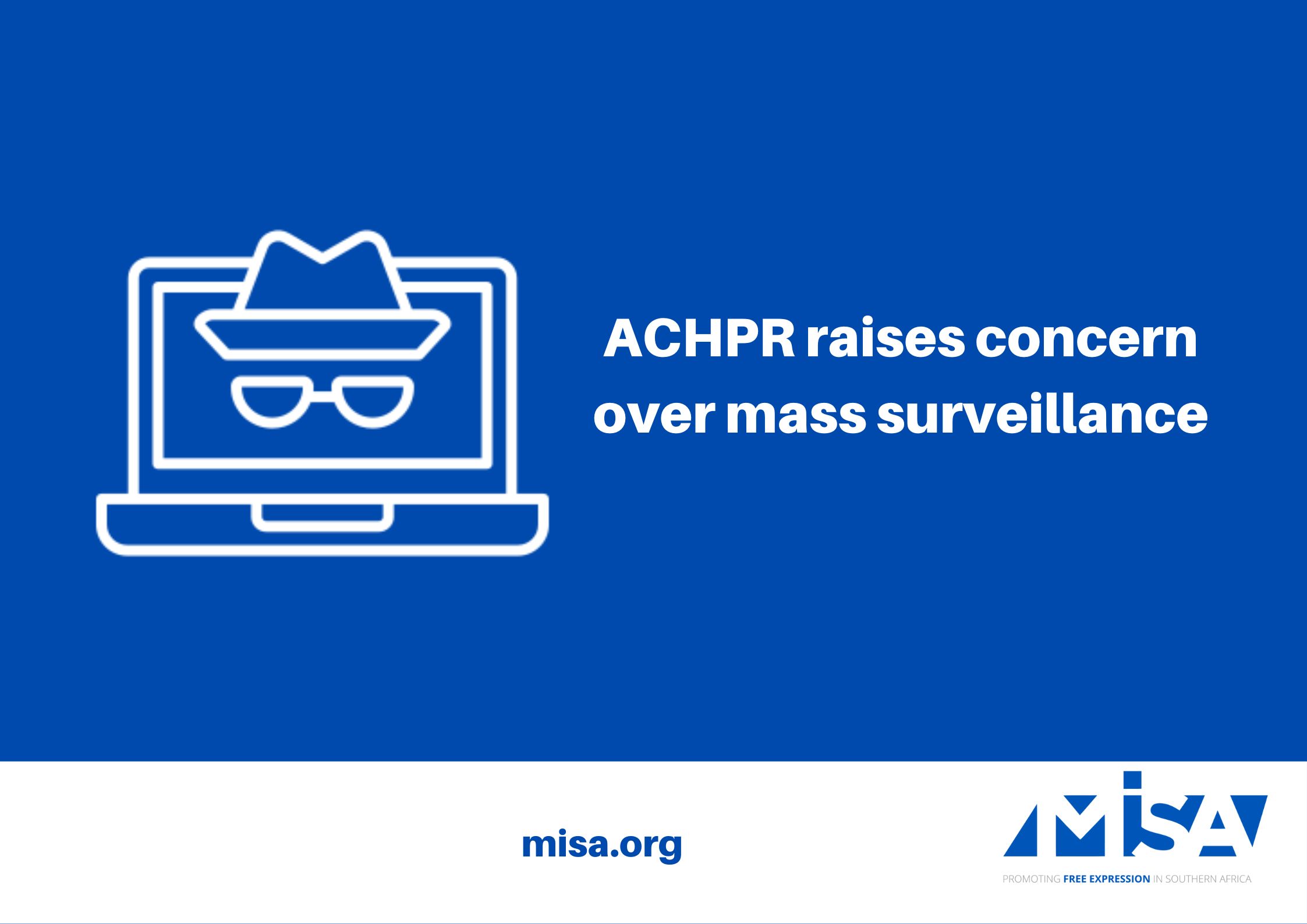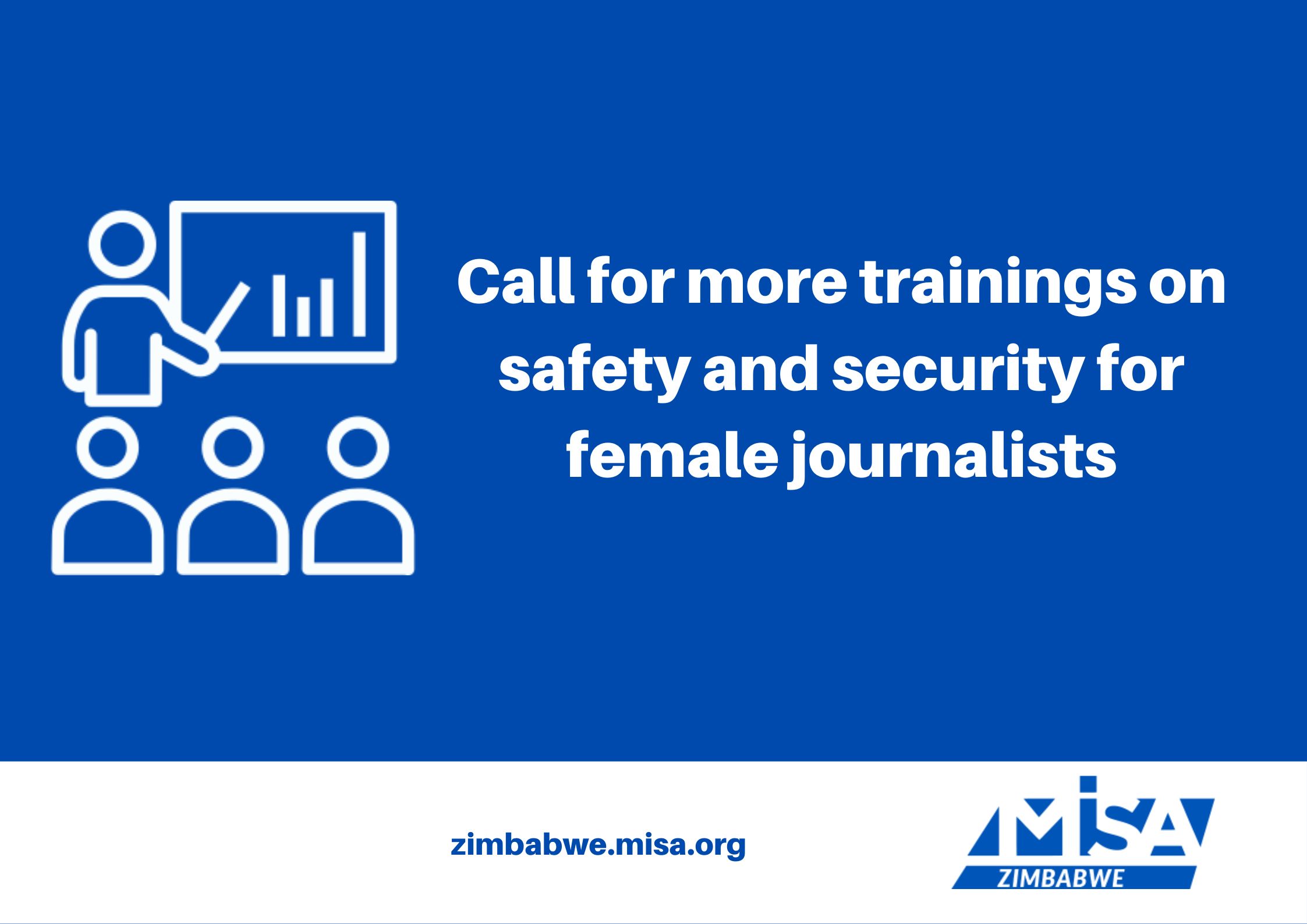The Minister of ICT and Cyber Security Supa Mandiwanzira, this morning announced an almost 60% reduction in the cost of mobile data.
Currently, a megabyte of data costs a minimum of 12,5 cents. With effect from 1 July, a megabyte will cost 5 cents. A megabyte is a unit of measure for data.
The minister was speaking at a press briefing organised by the Postal and Telecommunications Regulatory Authority of Zimbabwe (‘POTRAZ’). According to the minister, this reduction in mobile data prices is the result of the government-sponsored Long Run Incremental Cost (LRIC) programme which looked at pricing models in the mobile communications market.
In reality, though, a megabyte will cost more than 5 cents after including tax and other airtime levies. It should be noted that this reduction only applies to out-of-bundle mobile data. This is mobile data which is not tied to a particular service such as WhatsApp, Facebook, or Twitter. Other examples of bundled data include OneFusion data, or data bundle plans sold by Telecel and Econet respectively.
This reduction is a welcome development, but the majority of mobile phone users will not benefit from the reduction. This is because a large portion of Zimbabwe’s mobile phone users access mobile data in the form of bundles and other promotional bundles.
Speaking at the same occasion, the minister also announced a reduction in the transaction costs of Unstructured Supplementary Service Data (‘USSD’) based services. USSD services are popularly used to access mobile money platforms such as Ecocash, OneWallet or mobile banking platforms that are sometimes commonly referred to as “mbudzi” banking.
Using these USSD platforms to access various services currently costs a whopping 12,5 cents per transaction! These charges are pushed directly to the consumer. This explains the high charges associated with services such as Ecocash.
With effect from 1 July, accessing this service will cost 5 cents per transaction. The reduction in USSD service charges will be of benefit to a wider audience because cash shortages have forced most Zimbabweans to turn to mobile banking and mobile payments to transact.
Lastly, the national interconnection rate will be reduced from 4 cents per minute to 2 cents per minute, again this is exclusive of taxes and levies. The price reductions do not include mobile voice and SMS charges or Internet data charges of data sold by Internet Access Providers such as ZOL, Powertel or TelOne. In what might be a case of compensating for this forced reduction in mobile data pricing, ZOL today announced a 5% increase in the pricing of its Fibroniks packages with effect from 1 August 2018.
While MISA Zimbabwe welcomes government’s efforts to reduce mobile data costs, the reduced mobile data price remains exorbitant. According to the Alliance 4 Affordable Internet, the Internet is affordable when 1 gigabyte costs 4% of the average monthly income. Under the current pricing model, a gigabyte will cost a minimum of $50 which remains beyond the reach of most Zimbabweans.




